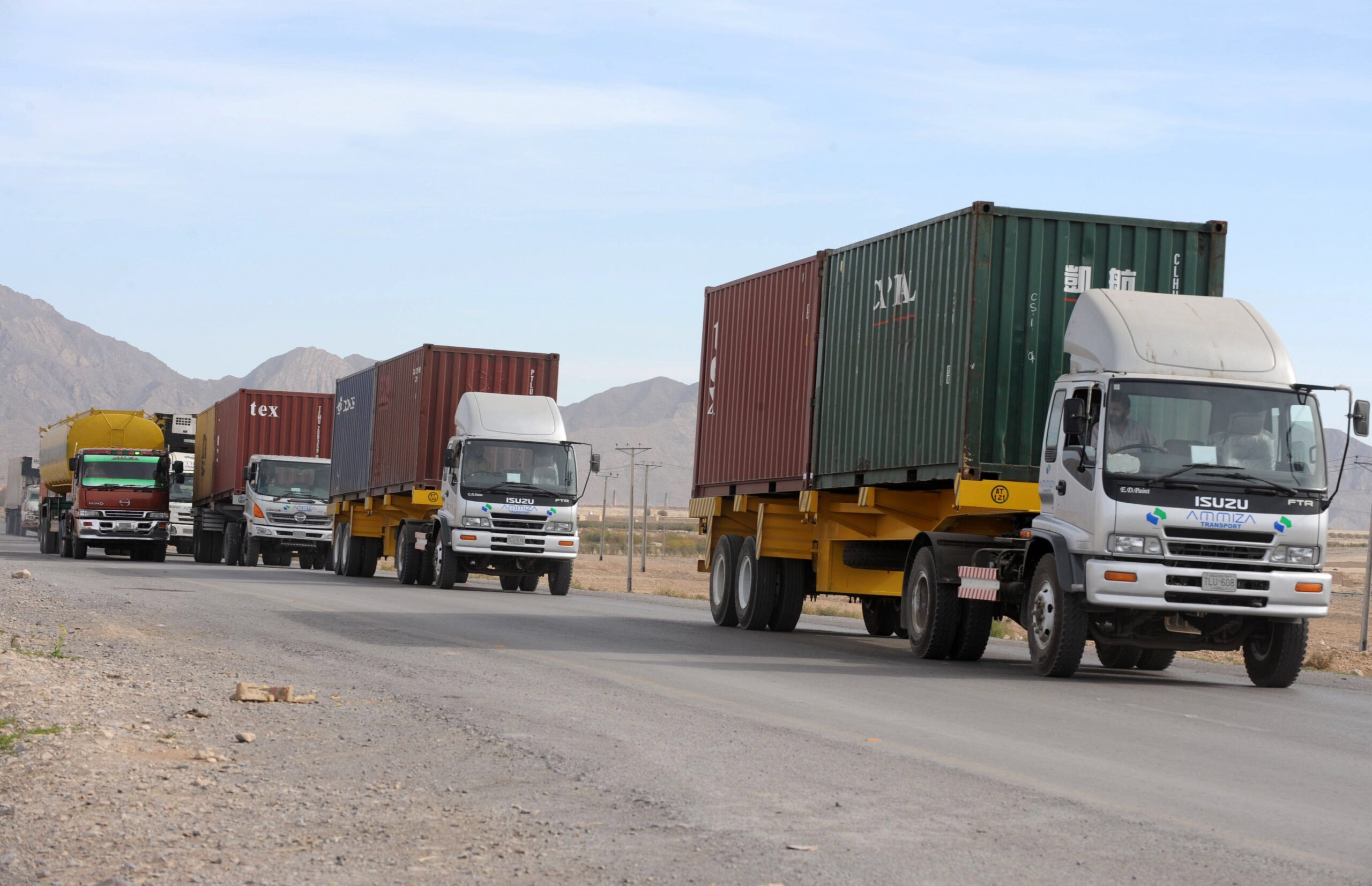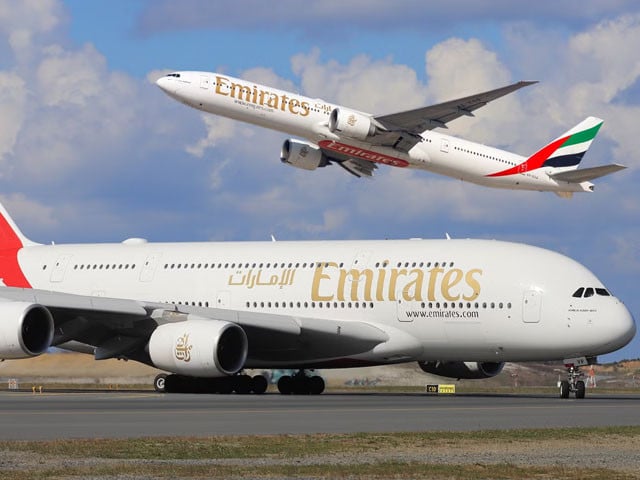Iran In a major disruption to trade, over 600 trucks have been stuck at the border between Pakistan and Iran for several days. The delay, which began on October 10, 2025, has left drivers frustrated and businesses worried about losses. The situation has sparked concerns about the impact on regional trade and the livelihoods of those involved.
What Caused the Delay?
The trucks, carrying goods like fruits, textiles, and machinery, are stranded at the Taftan border crossing in Balochistan. Officials say the delay is due to new customs regulations introduced by Iran. These rules require additional documentation and checks for all incoming goods. However, many drivers claim the process is moving too slowly, causing a massive backlog.
“We’ve been waiting here for five days with no clear answers,” said Ahmed Khan, a truck driver from Quetta. “Our perishable goods are spoiling, and we have no way to store them.”
Impact on Trade and Businesses
The border between Pakistan and Iran is a key route for trade between the two countries. Every day, hundreds of trucks cross the border, carrying goods worth millions of dollars. The current delay has disrupted supply chains, leaving businesses on both sides struggling.
“Many of our orders are stuck at the border,” said Ali Raza, a trader from Karachi. “If this continues, we could lose customers and face huge financial losses.”
Efforts to Resolve the Issue
Government officials from Pakistan and Iran are working to resolve the issue. A meeting between customs authorities from both countries was held on October 14, 2025. They agreed to speed up the clearance process and set up temporary storage facilities for perishable goods.
“We understand the urgency of the situation,” said Iranian customs official Reza Shah. “We are doing everything we can to clear the backlog and ensure smooth trade in the future.”
Drivers Face Hardships
For the truck drivers, the delay has meant days of hardship. Many are stranded in remote areas with limited access to food, water, and medical care. Some have even started protesting, demanding faster action from authorities.
“We are stuck here with no facilities,” said another driver, Muhammad Hussain. “Our families depend on us, and we can’t afford to wait indefinitely.”
What’s Next?
While efforts are being made to resolve the issue, experts warn that such delays could harm long-term trade relations between Pakistan and Iran. They are calling for better infrastructure and more efficient customs processes to prevent similar situations in the future.
For now, the stranded trucks and their drivers remain at the border, waiting for a solution. As the days pass, the pressure on both governments to act quickly continues to grow.









